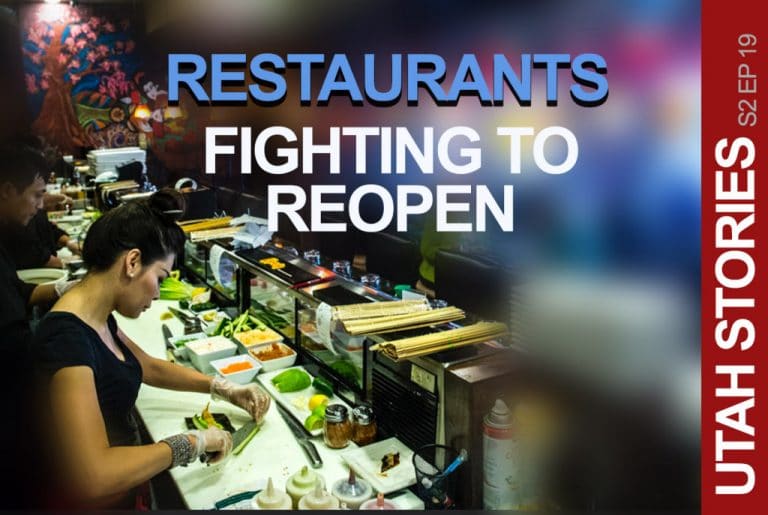The paycheck protection program (PPP) is designed to help businesses reopen, but the CARES Act incentives employees to stay home. We talk to one Utah restaurant group to see how they are managing the conflict.
WATCH THE VIDEO
Small businesses and restaurants that qualified and received funding from the SBA’s $400 billion in funding from the paycheck protection program allowed many owners to breathe a sigh of relief.
But that relief was short lived when the CARES act enabled their employees to potentially earn more money by staying home than by returning to work. With an additional $600 per week in unemployment benefits, layed off or furloughed workers can receive up to $4,000 per month. In many cases this is more than many employees can earn coming to work.
Hoang Nguyen, is the Managing Partner of the Sapa Group. She is now beginning to understand the severity of the problem. The Sapa Group company owns six restaurants in Salt Lake City including Sapa Sushi Bar and Asian Grill, Purgatory Bar, Fat Fish, Omo Korean BBQ, Bucket of Crawfish, among others. She says all of their restaurants are struggling to get employees to return due to the generosity of CARES Act in the manner it conflicts with the back-to-work mission of the Paycheck Protection Program (PPP).
Nguyen was a guest on the Utah Stories Show podcast, she said, “Many of our employees can earn more by staying home, so they don’t want to come back yet.” She added that her long-term core staff has remained on payroll and they were never laid off, but her junior employees and many servers and support staff might not be returning, which is requiring her to find new workers.
Sapa’s downtown Sushi Bar has become one of the most iconic dining experiences in Salt Lake City since they opened. Their patio offers one-hundred-year-old tea houses imported from VietNam along with a Koi pond. Their sushi rolls are hand-crafted works of art, and they have always placed a huge value on their employees, paying them above market rates.
Utah Stories has heard from not only Sapa but other restaurants that the CARES Act has essentially sabotaged the effectiveness of the PPP Program. Nguyen said that she doesn’t know how they can possibly meet the provisions required in the PPP Program, which requires business owners to spend 75% of the funds from the time when they first received it six weeks ago. “The clock is ticking, and I just don’t see any way we will possibly spend the money by then unless they change the provisions.” If they don’t spend the money, the funds are no longer forgivable, and convert into a loan which they will be required to pay back. Ngyen said they are hoping that the SBA realized the problem with their terms, and the conflict with the CARES funding so that they can get more time to spend the money on working employees.
What can Federal leaders do to help the thousands of independent restaurants stay alive? Listen to Nguyen’s answer on the Utah Stories show to find out.
Sapa Investment Group is involved in other development and restaurant projects including “Food Alley” which is renovating an area at 757 South and State Street, which will become home to up to 17 new restaurants.



